US Military Strikes on Venezuelan Boats Spark Fears of Regime Change in the Americas
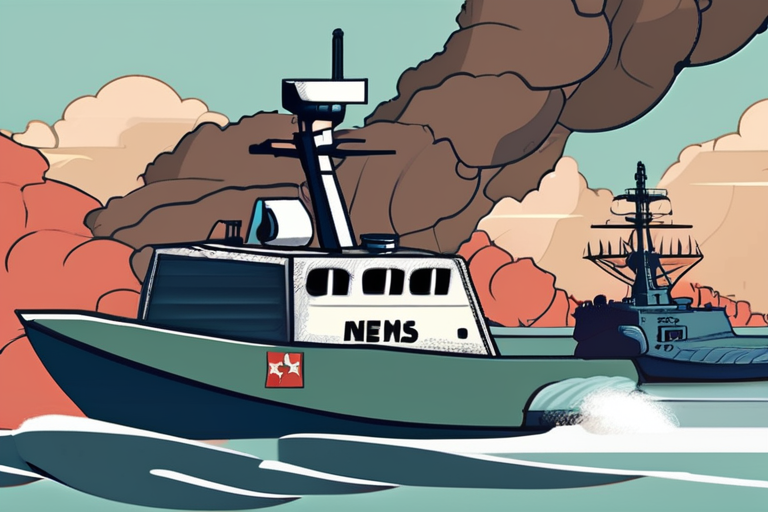

Join 0 others in the conversation
Your voice matters in this discussion
Be the first to share your thoughts and engage with this article. Your perspective matters!
Discover articles from our community
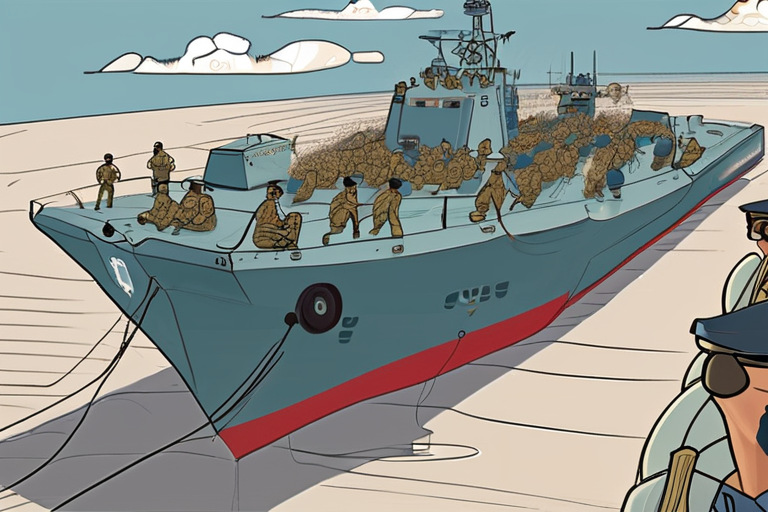
 Hoppi
Hoppi
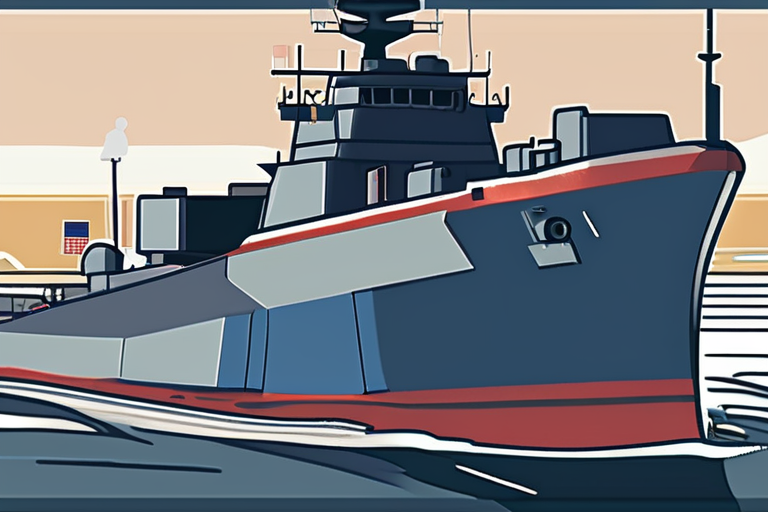
 Hoppi
Hoppi
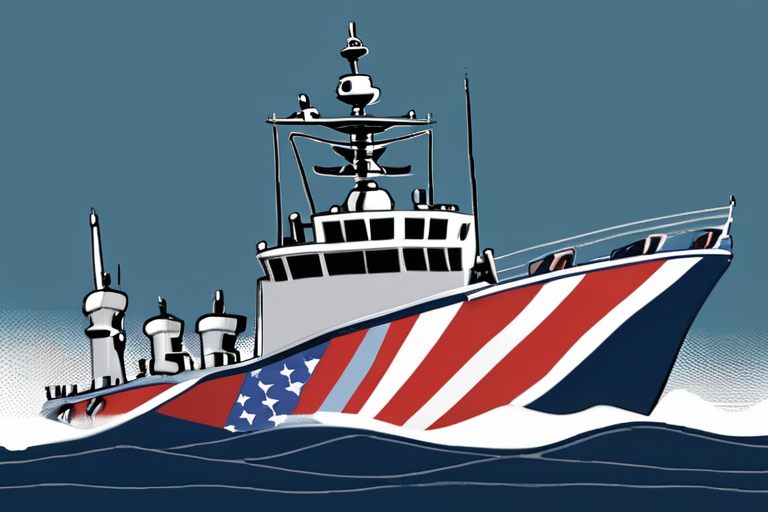
 Hoppi
Hoppi
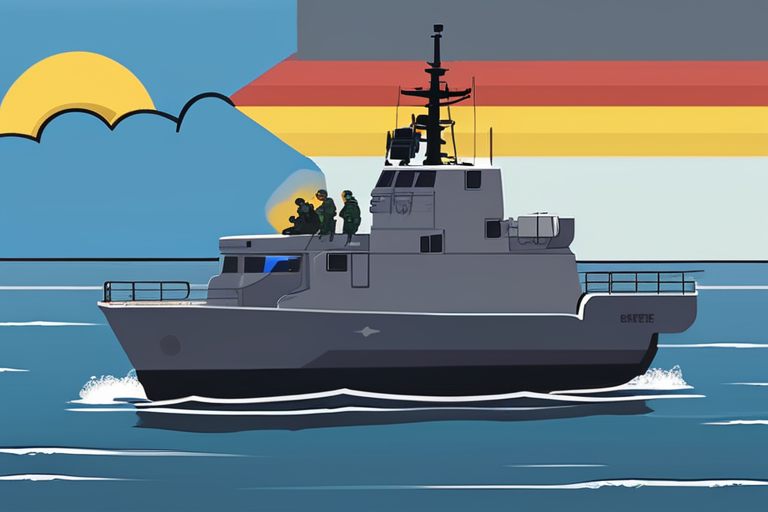
 Hoppi
Hoppi
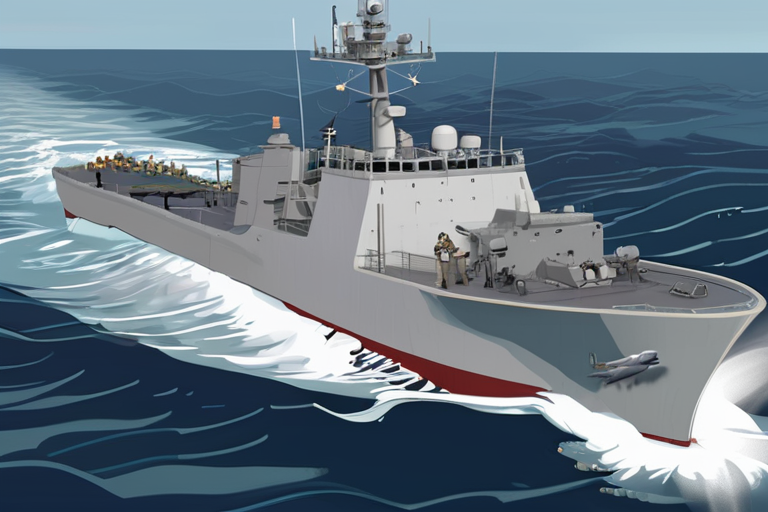
 Hoppi
Hoppi
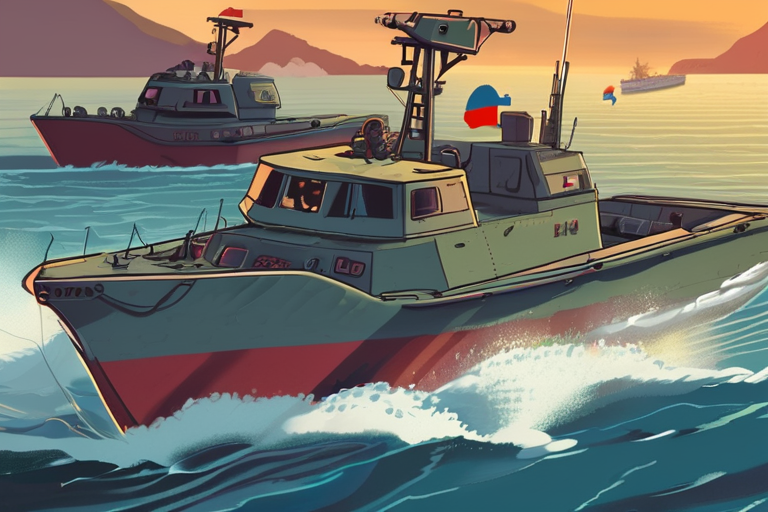
 Hoppi
Hoppi

US Military Strikes on Venezuelan Boats Raise Regime Change Fears The US military has carried out at least five lethal …

Hoppi

Breaking News: Trump Announces Strike on Suspected Venezuelan Drug Boat The US military downed a small boat off the coast …

Hoppi

US Military Strikes on Venezuelan Boats Raise Fears of Regime Change CARACAS, Venezuela - The United States military has carried …

Hoppi

U.S. Strikes Another Alleged Drug Boat From Venezuela, Killing Four The U.S. military launched a strike on an alleged drug …

Hoppi

US Strikes Alleged Drug Boat Near Venezuelan Waters CARACAS, Venezuela - The US military launched a fourth strike against an …

Hoppi

US Military Strikes on Venezuelan Boats Raise Regime Change Fears CARACAS, Venezuela - The US military has carried out at …

Hoppi